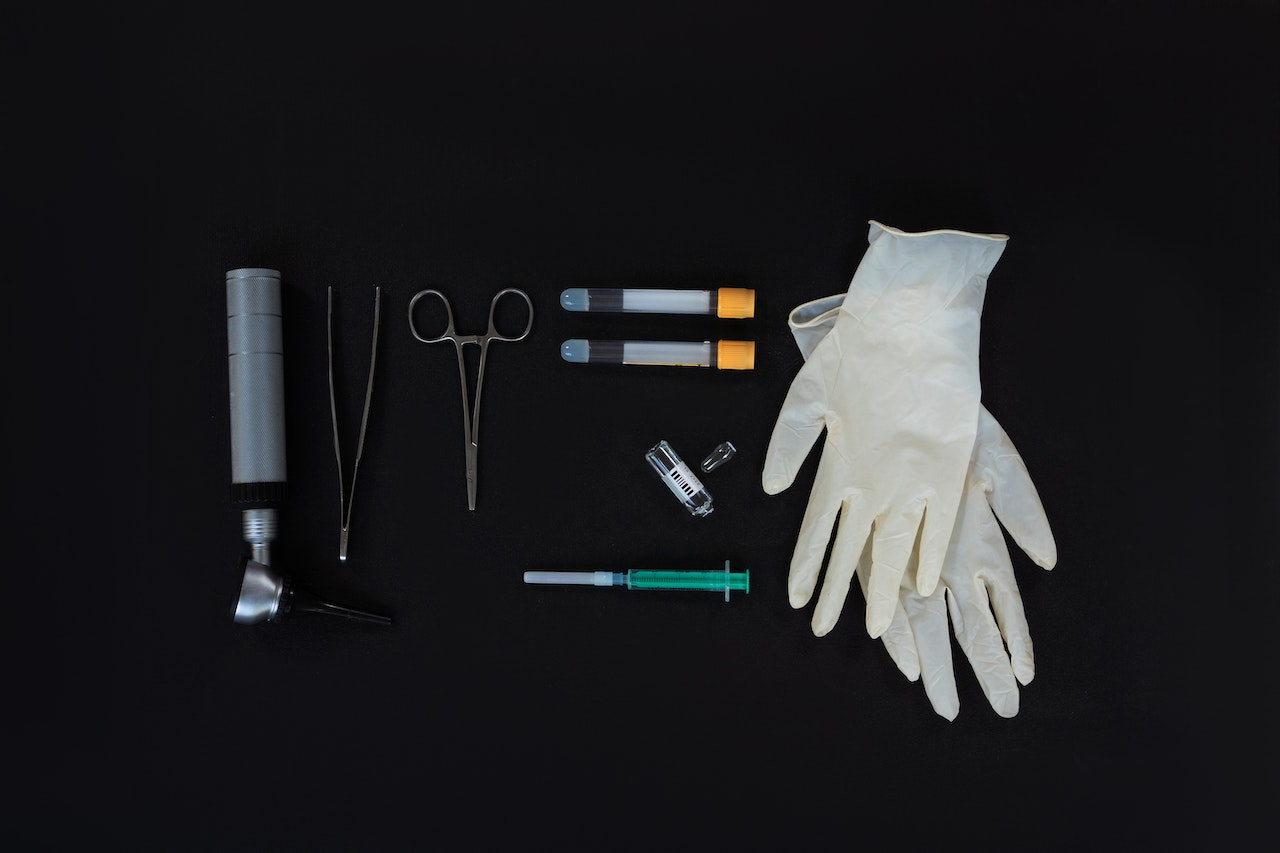Plastic Surgery Whistleblowers Secure Large Payout
A Beverly Hills plastic surgeon, in collaboration with his son, have agreed to pay $23.9 million to address accusations of violating the False Claims Act. The allegations revolve around their alleged involvement in submitting or facilitating the submission of fraudulent claims to Medicare and Medicaid. The state of California, which covered a portion of the Medicaid claims in question, is set to receive approximately $497,619 from the total settlement amount.
The recently announced settlement resolves allegations made against Dr. Joel Aronowitz, Daniel Aronowitz, Joel A. Aronowitz, M.D. (a medical corporation), Tower Multi-Specialty Medical Group, Tower Outpatient Surgery Center, Inc., Tower Wound Care Center of Santa Monica, Inc.,and Tower Medical Billing Solutions.
Dr. Joel Aronowitz and his son allegedly over-billed for single-use skin substitute products while also falsifying the place of service for skin grafts to fraudulently obtain higher reimbursements from Medicare and Medicaid. Dr. Aronowitz allegedly then did not dispose of unused portions of single-use skin graft materials, instead, opting for reusing them in other medical procedures and then subsequently double-billing the government programs.
The settlement also included the voluntary exclusion of the Dr. Joel Aronowitz from Medicare, Medicaid, and all other federal health care programs for 15 years, as defined by 42 U.S.C. § 1320a-7b(f) which details criminal penalties for acts involving Federal health care programs.
Not the First Time
This case is oddly not the first of it’s kind. Similarly, in September of 2022, a whistleblower turned in Dr. Ronald Bergman and his medical practice, Bergman Cosmetic Surgery, P.C., of Des Moines, Iowa. According to the U.S. Attorney’s Office, Northern District of Iowa, Dr. Bergman and his medical practice fraudulently billed Medicare and Medicaid for services rendered by others also for “medically unnecessary and unreasonable applications of skin substitute products.”
The Role of Whistleblowers in Exposing Healthcare Fraud
The large settlement comes as a direct result of a group of whistleblowers composed of a podiatrist, a billing company, and a billing department employee. The fraudulent claims were brought under Qui Tam provisions of the False Claims Act which enable a whistleblower act on behalf of the government.
Principal Deputy Assistant Attorney General Brian M. Boynton, who leads the Justice Department’s Civil Division, stated that when healthcare providers disregard federal healthcare program regulations, they compromise the credibility of these programs and squander taxpayer funds. Further, Boynton stated “This settlement demonstrates the department’s commitment to preventing providers from misappropriating public funds for their own private gain.”
U.S. Attorney Martin Estrada for the Central District of California said “Our investigation revealed a long-running practice to illegally maximize profits, ultimately costing public health programs millions of dollars. . . The Medicare and Medicaid programs are taxpayer-funded programs, and we are committed to wiping out abuses that line the pockets of unscrupulous providers.”
Other Significant Plastic Surgery Whistleblowers
While there haven’t been many well-known Qui Tam cases specifically related to plastic surgery, there have been a few instances where individuals have blown the whistle on fraudulent activities in the field. A few of these cases include:
- Dr. David M. Morrow: Dr. David Morrow, a plastic surgeon, blew the whistle on a case involving fraudulent billing practices and unnecessary surgeries. He exposed a scheme in which a group of plastic surgeons was performing unnecessary surgeries and submitting fraudulent insurance claims.
- U.S. ex rel. Nevyas v. Allergan: This Qui Tam case involved allegations against Allergan, a pharmaceutical company known for manufacturing BOTOX®. Dr. Herbert Nevyas, an ophthalmologist, filed the lawsuit, claiming that Allergan had promoted off-label use of BOTOX® and provided kickbacks to physicians for using their products. While the case did not specifically revolve around plastic surgery, it highlighted issues related to the marketing and promotion of cosmetic treatments.
- U.S. ex rel. Brown v. Celgene: This Qui Tam case involved allegations against the pharmaceutical company Celgene. The whistleblower, a former sales manager for Celgene, filed a lawsuit claiming that the company had engaged in off-label marketing of their drugs, including using them for unapproved cosmetic indications. The case shed light on the improper promotion of pharmaceutical products, some of which are used in plastic surgery procedures.
Signs of Healthcare Fraud
Signs of healthcare Qui Tam fraud, also known as whistleblower fraud, can vary but may include the following indicators:
- Billing Irregularities: Unusual billing patterns, such as excessive or duplicate charges, billing for services not rendered, or billing for unnecessary procedures or tests.
- Upcoding or Unbundling: Manipulating billing codes to increase reimbursement rates by billing for a higher level of service than provided or separately billing for components that should be billed together as a bundled service.
- False Certifications or Statements: Providing false information or certifications to government healthcare programs, such as Medicare or Medicaid, in order to obtain reimbursements or approvals.
- Kickbacks or Illegal Referrals: Offering or receiving kickbacks, bribes, or illegal referral fees in exchange for patient referrals or the use of specific healthcare services or products.
- Off-Label Promotion: Promoting or marketing pharmaceutical drugs or medical devices for uses not approved by regulatory authorities, which may lead to fraudulent reimbursement claims.
- Ghost Patients or Phantom Billing: Inventing or fabricating patient records or billing for services not provided by fictitious patients.
- Noncompliance with Stark Law or Anti-Kickback Statute: Violating federal laws prohibiting physician self-referrals or illegal inducements in healthcare transactions.


